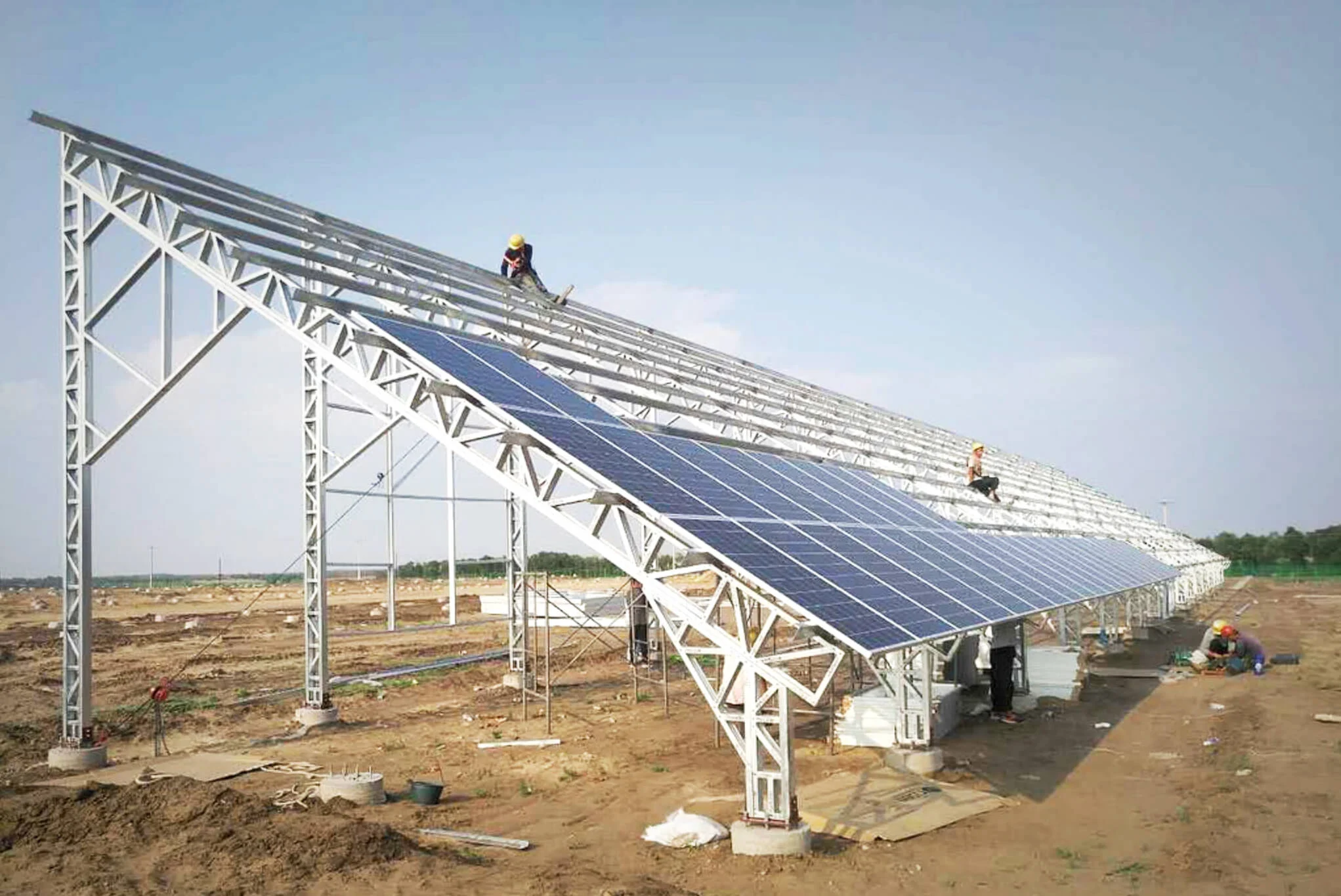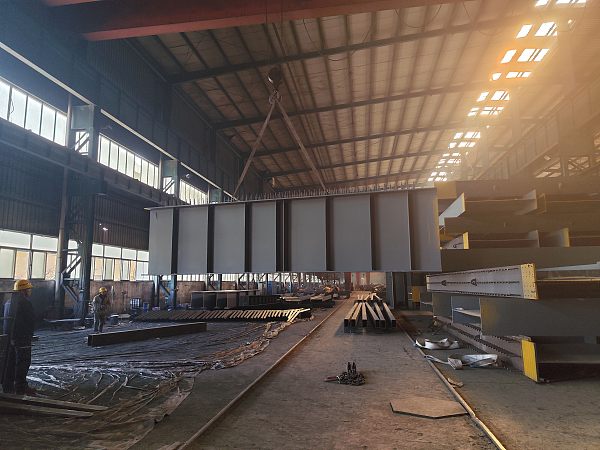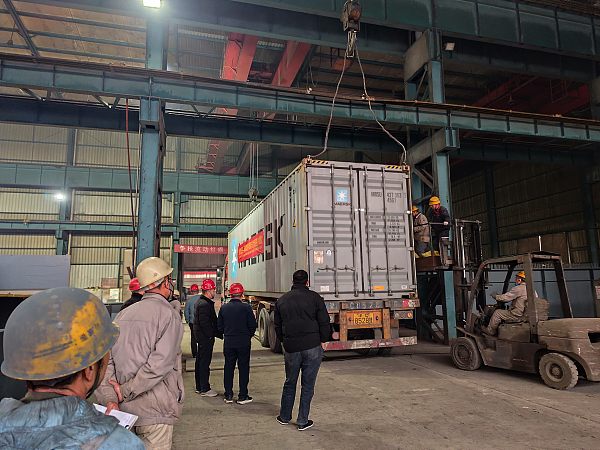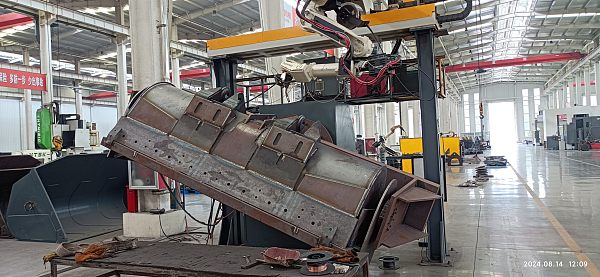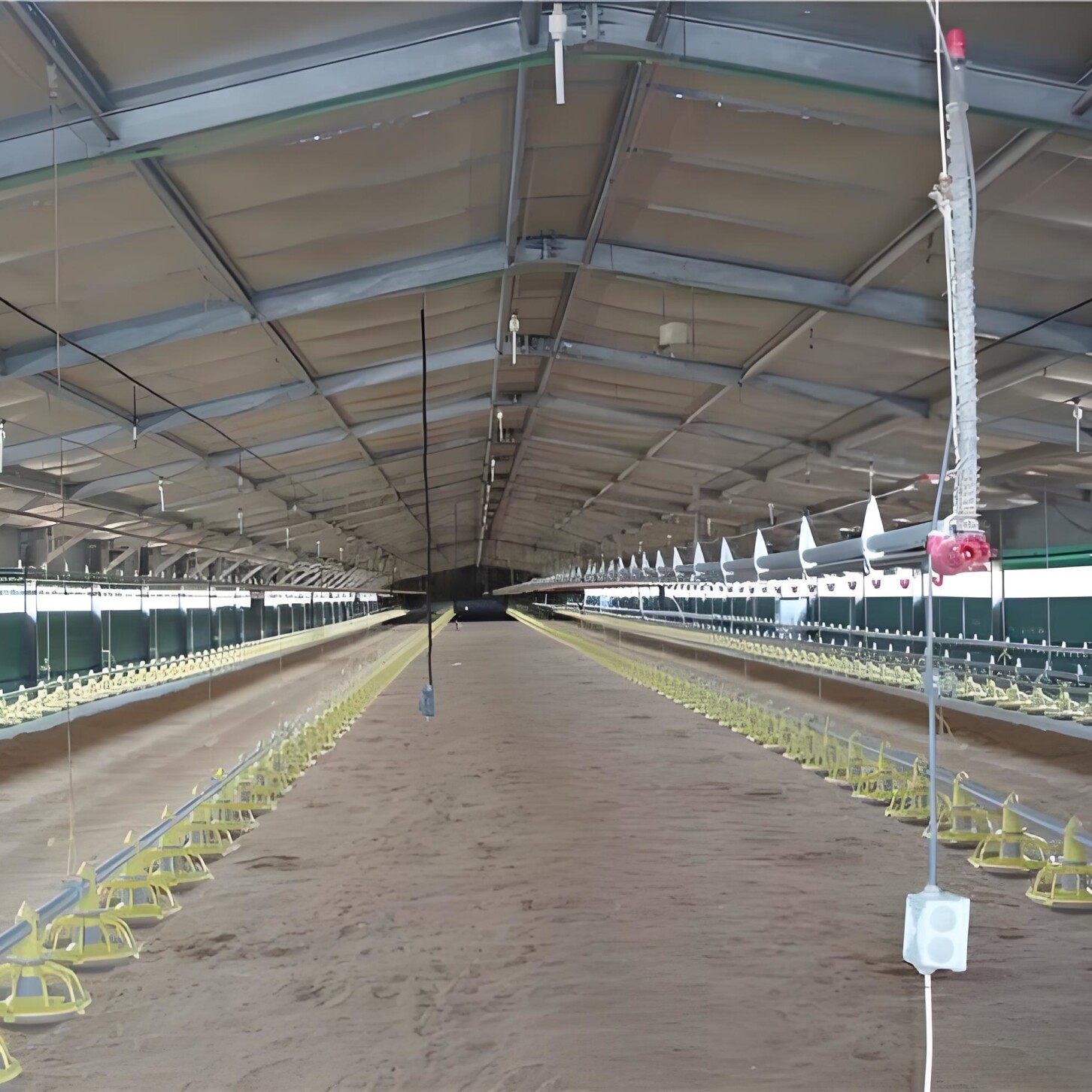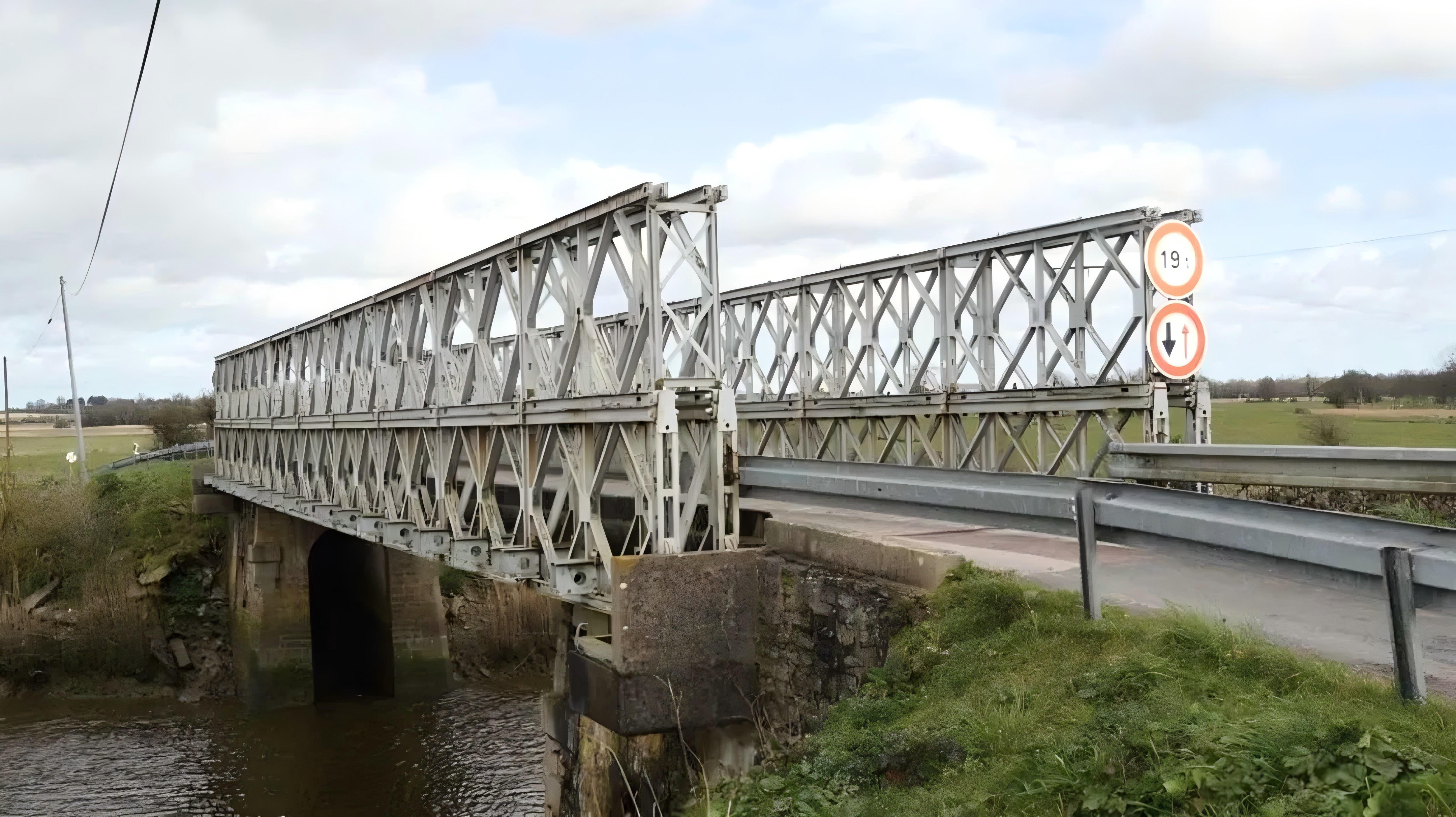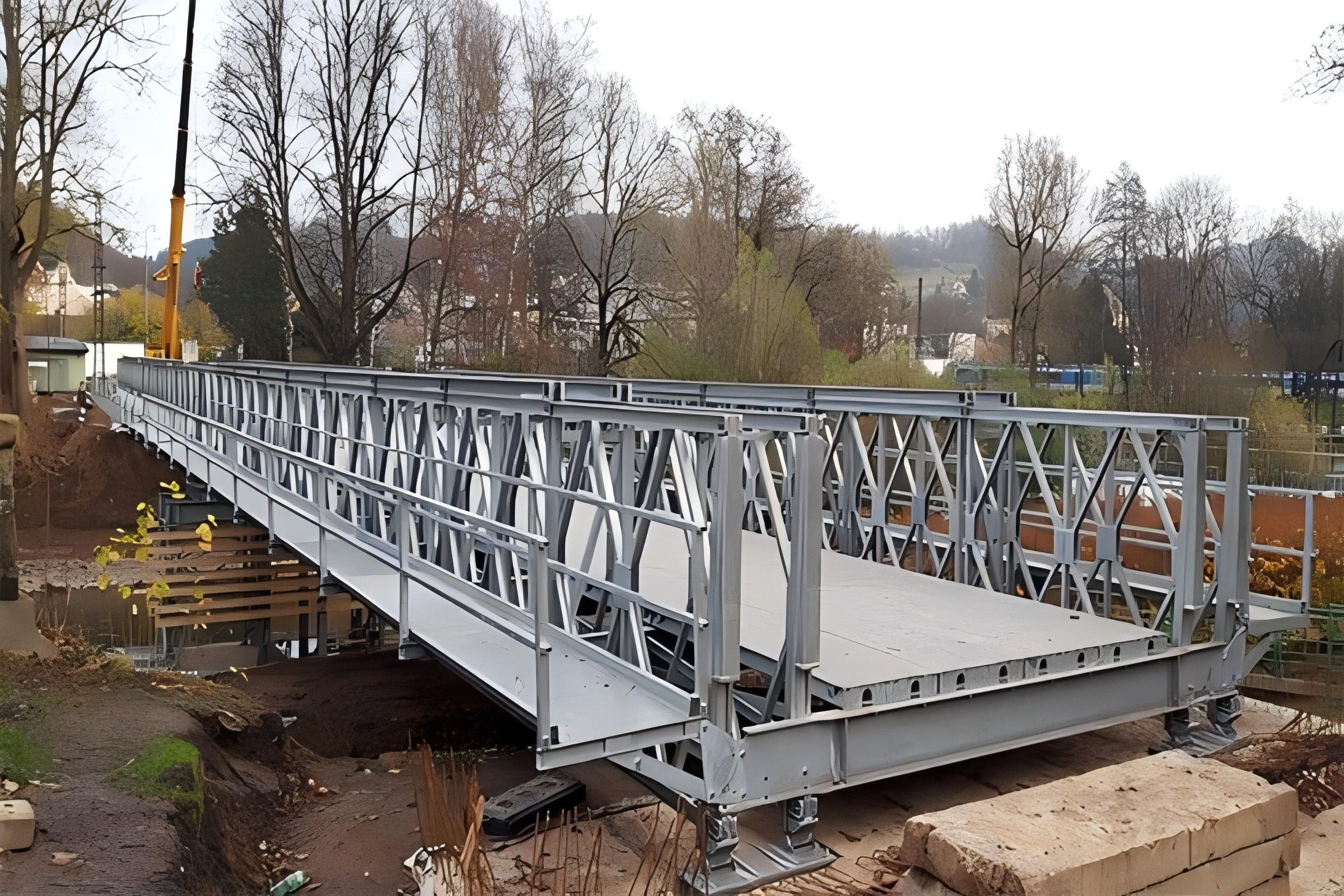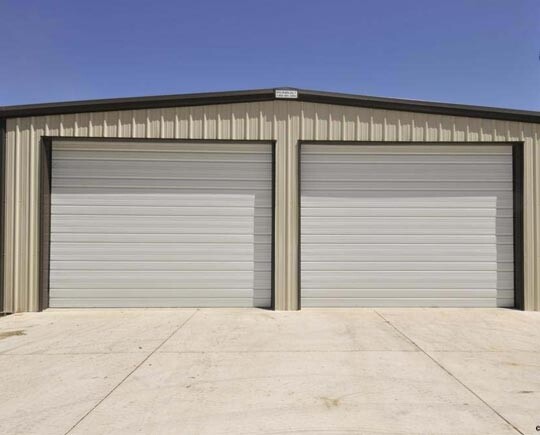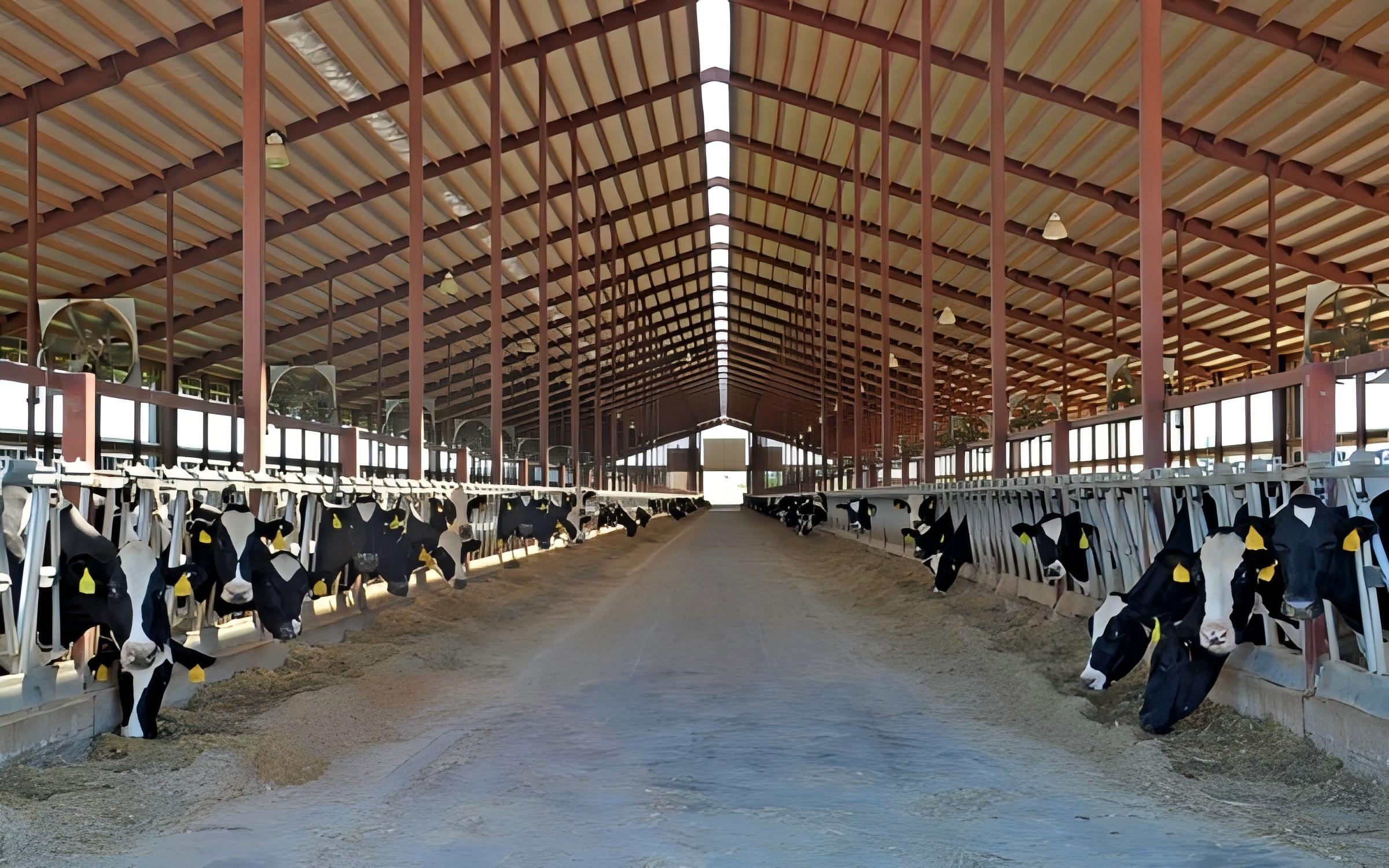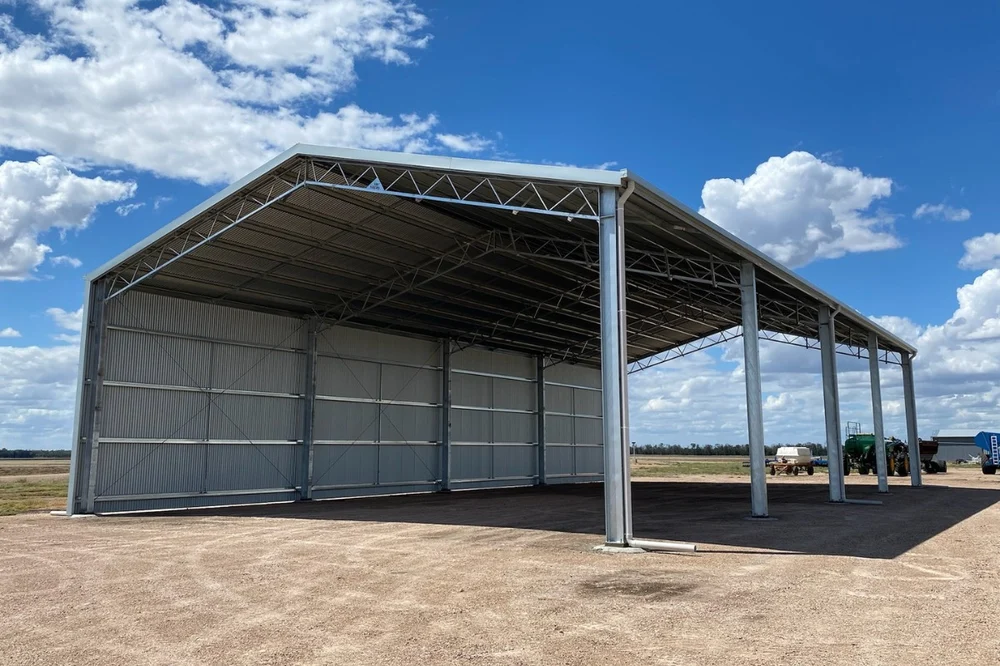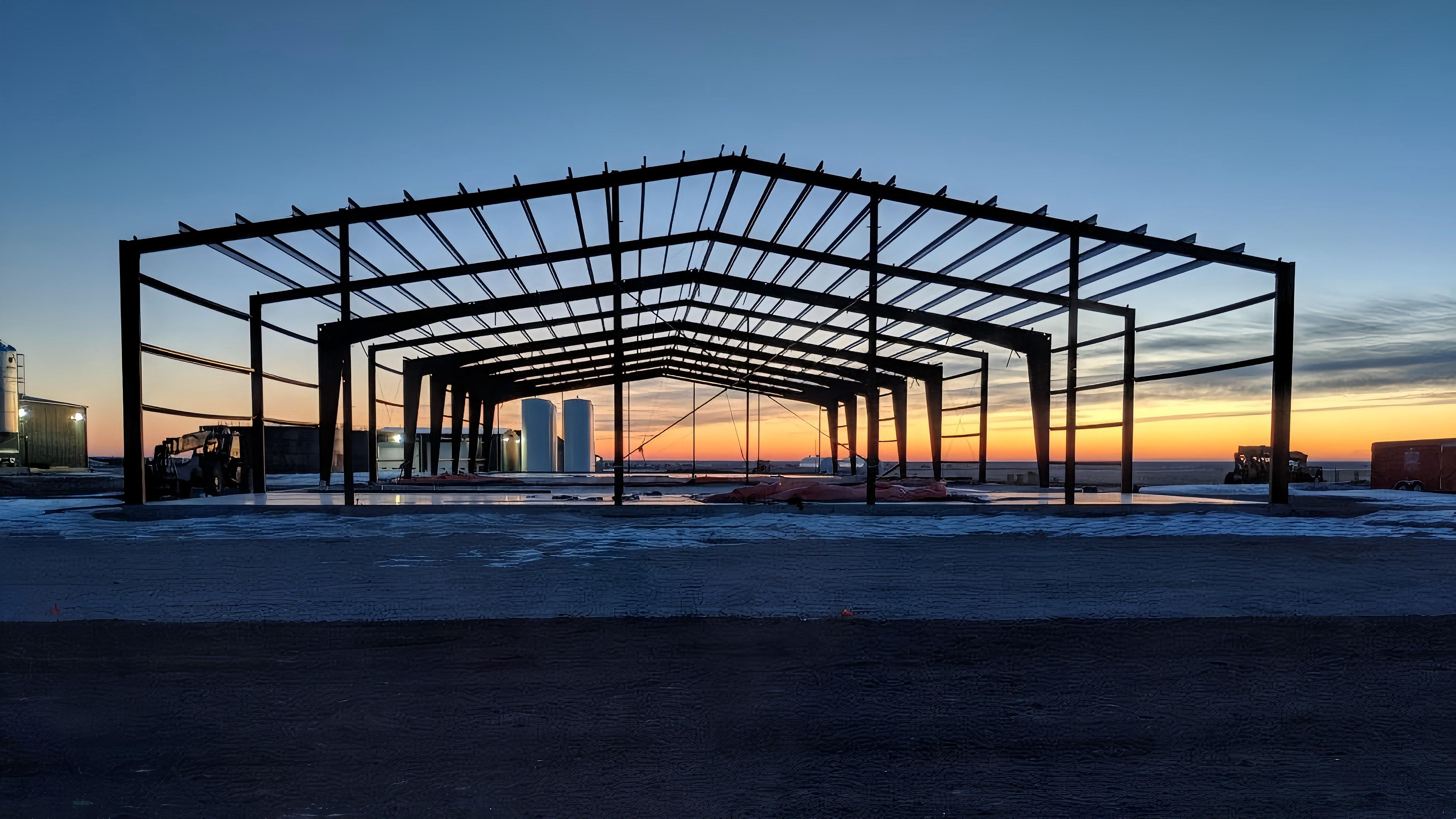- PRODUCT CENTER -
Leave A Message
Product Parameters

A photovoltaic (PV) bracket (also called a solar mounting system) is a structure used to securely fix solar panels in place, ensuring optimal sunlight exposure and long-term stability. These brackets are often made of steel, aluminum, or a combination of materials, with steel being the most common for large-scale installations due to its strength and cost-effectiveness.
1. Types of Photovoltaic Brackets
(A) By Material
(B) By Installation Type
Ground-Mounted Brackets
Used in solar farms.
Made of hot-dip galvanized steel for weather resistance.
Fixed-tilt or tracking systems (single-axis or dual-axis).
Roof-Mounted Brackets
Sloped Roof: Rails clamp onto roof structures.
Flat Roof: Ballasted (weighted) or anchored systems.
Carport & Canopy Brackets
Steel structures for solar parking lots or shade installations.
Floating Solar Brackets
Made of high-corrosion-resistant steel or aluminum for water-based PV systems.
2. Key Components of a Steel PV Bracket System
✔ Mounting Rails – Horizontal/vertical bars supporting panels.
✔ Clamps & Fasteners – Secure panels to rails (stainless steel bolts common).
✔ Foundation – Ground screws, concrete blocks, or roof anchors.
✔ Tilt Adjustment Mechanism – Allows angle optimization (fixed or adjustable).
3. Why Steel is the Best Choice for PV Brackets?
✅ High Strength – Supports heavy solar panels in harsh weather (snow, wind).
✅ Cost-Effective – Cheaper than aluminum for large installations.
✅ Durability – Galvanized steel resists rust for 25+ years.
✅ Modularity – Easy to assemble and expand.
4. Design Considerations
Wind & Snow Loads – Steel brackets must meet local building codes.
Corrosion Protection – Hot-dip galvanizing or powder coating for longevity.
Tilt Angle – Affects energy output (optimal angle varies by location).
Soil Conditions – Ground-mounted systems need stable foundations.
5. Future Trends
Smart Tracking Systems – Motorized steel brackets for maximum sun exposure.
BIPV (Building-Integrated PV) – Steel structures integrated into facades.
Recyclable Steel – Sustainable end-of-life recycling.
Conclusion
Steel PV brackets are the most reliable and economical choice for large solar projects, offering strength, durability, and adaptability. Aluminum is preferred for lightweight residential use, while advanced composites are emerging for niche applications.
Packaging and Transportation
Instruments and Equipment
FAQ
Q: How can I get a quote for my project?
Q: How long can I get the price?
Q: Can we visit your factory?
Q: Do you provide customized product services?
Q: Where is the loading port?
Q: How to package the product?
Q: What if I have no import experience?
Q: Can you provide on-site installation service?
Q: How long is the delivery time?
Q: What is your payment terms?
Q: How can I place an order if my trial order does not reach your MOQ?
Q: How do you control product quality?
Contact Us
RELATED PRODUCTS
TOUCH WITH US

